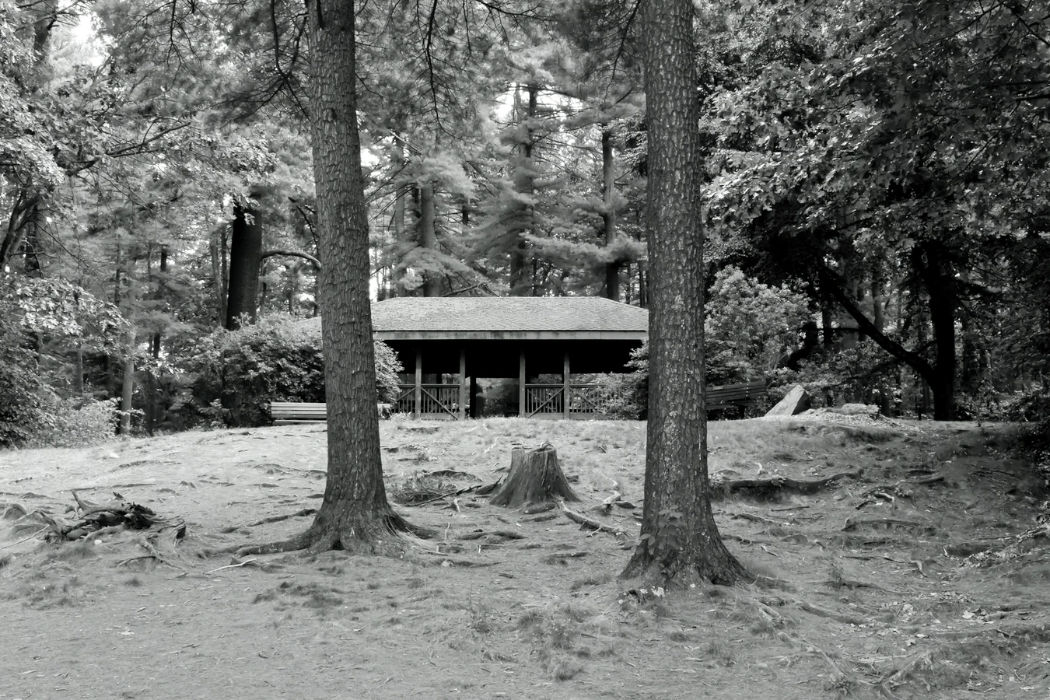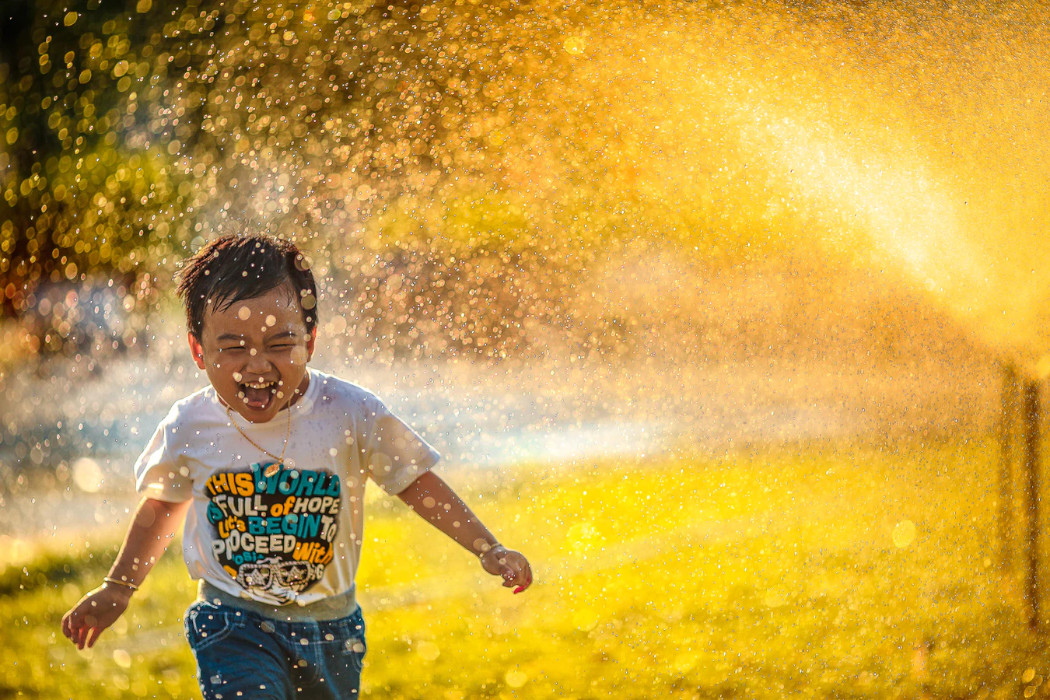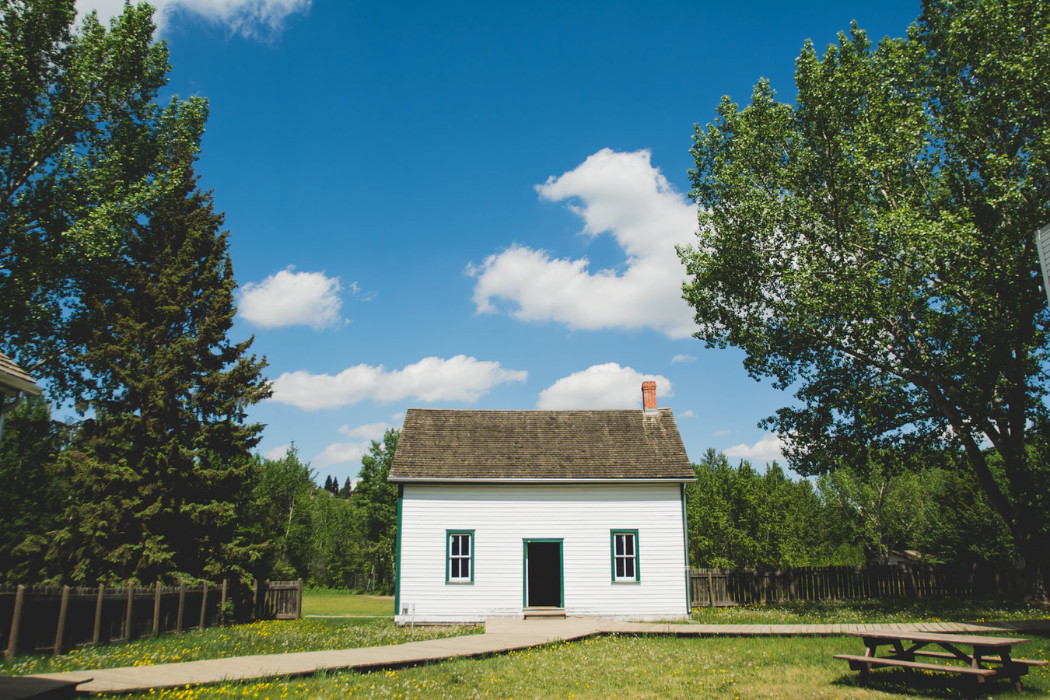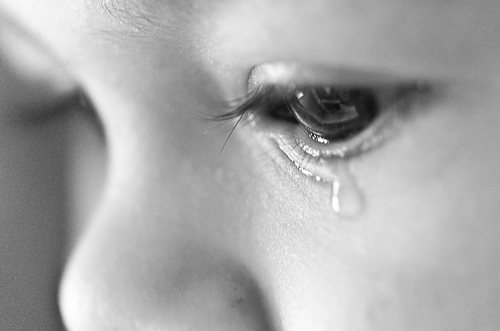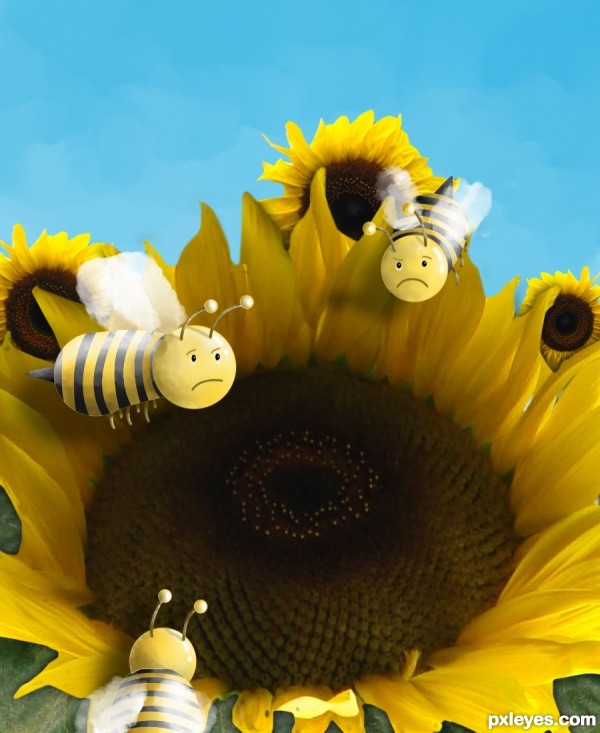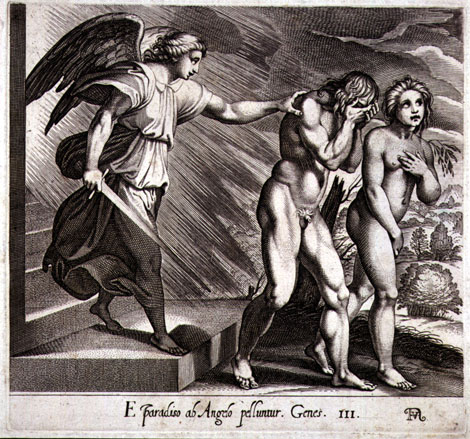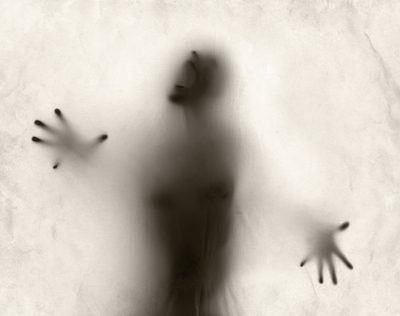Beowulf is the most important primitive attempt of the Teutonic world at composing epic poetry. Beowulf’s claim as an epic has always been shrouded with doubts and controversies. It lacks some essential qualities but a complete analysis of its merits compels us to hail Beowulf as one of the earliest and most appealing epics of the world. This heroic saga of 3182 lines is more precisely a “traditional” or “folk” epic since it has been shaped by minstrels or a literary artist from historic or legendary materials which had developed in oral traditions in the ancient Teutonic world during times of expansion and warfare. However, this originally pagan composition was finally welded by Christian compilers who gave it a veneer of Christian culture and outlook and took away some gross pagan features that were irritating to Christian taste.
Like Homer’s Achilles in Iliad and Virgil’s Aeneas, even Beowulf has an epic hero with supernatural power and cosmic importance after which the epic has been named and upon whose actions the future of his tribe and nation depends. Beowulf enters the epic to save Spear-Danes against the ferocious monster Grendel. The great heroic adventures of Beowulf which comprises of his fight and victory over Grendel where he wrenches off the monster’s hand from his shoulders, the deadly combat with Grendel’s revenge seeking mother and later with the fire spitting dragon establishes Beowulf as an epic hero with supernatural strength. Beowulf’s heroic encounter represents extra-ordinary deeds of epic battles such as Achilles’ feat in the Trojan War, thus strengthening its claim as an epic.
Another important epic feature which Beowulf showcases is a unity of design. There is perfect unity in the first part of the epic which deals with the narrative of Beowulf’s adventures with Grendel and Grendel’s mother. There are innumerable episodes and digressions like the interlude of Finnesburh which are not strictly relevant but they are duly proportioned and subordinated to the main story. The epic’s sequel which deals with Beowulf’s mortal combat with the fire-spitting dragon does not hang loosely as many may think. It deals with the last phase of the hero’s life and the epic would have suffered greatly in interest without this sequel.
As all epics are expected to be, Beowulf is the mouthpiece of the age depicted in it, which is termed by Dr. Tillyard as the choric quality of an epic. It gives deathless expression to the spirit of Teutonic Age and in this respect, it shows a striking resemblance to Odyssey. The society reflected in Beowulf is a highly developed one where the king was the focal point and his followers obeyed with utmost loyalty. War was regarded as the chief business and the philosophy of life was stern and melancholy. Beowulf is full of references and historical allusions to great events and festivities, court life and manners, fortunes of kings and nations, description of wild scenes and heroic encounters which makes Beowulf a true epic poem.
We also observe a definite epic style in the language of Beowulf. Abstract expressions are avoided and concrete phrases are used along with the use of figurative self-explaining compounds such as “foamy necked floater” for ship and “sea-wolf” for Grendel’s mother. The short vigorous speeches, alliterative devices, uniform stately movement of rhythmic language and broad formula-like periods present in Beowulf reminds us of Homer’s work. In Beowulf we also come across some epic conventions such as the Prologue and the super-natural machinery comprising of the monsters and the dragon.
Thus we see that the ancient poet of Beowulf has succeeded in creating an epic of a high order, which comes as a surprise to us when we bring into account the primitive uncivilized age in which it was composed. The manner of this Germanic saga is dignified and elaborate with epic breadth of vision, richness and vividness of details, simplicity and directness of ideas and a faithful representation of Teutonic life, culture and society.
Some online learning platforms provide certifications, while others are designed to simply grow your skills in your personal and professional life. Including Masterclass and Coursera, here are our recommendations for the best online learning platforms you can sign up for today.
The 7 Best Online Learning Platforms of 2022
- Best Overall: Coursera
- Best for Niche Topics: Udemy
- Best for Creative Fields: Skillshare
- Best for Celebrity Lessons: MasterClass
- Best for STEM: EdX
- Best for Career Building: Udacity
- Best for Data Learning: Pluralsight

